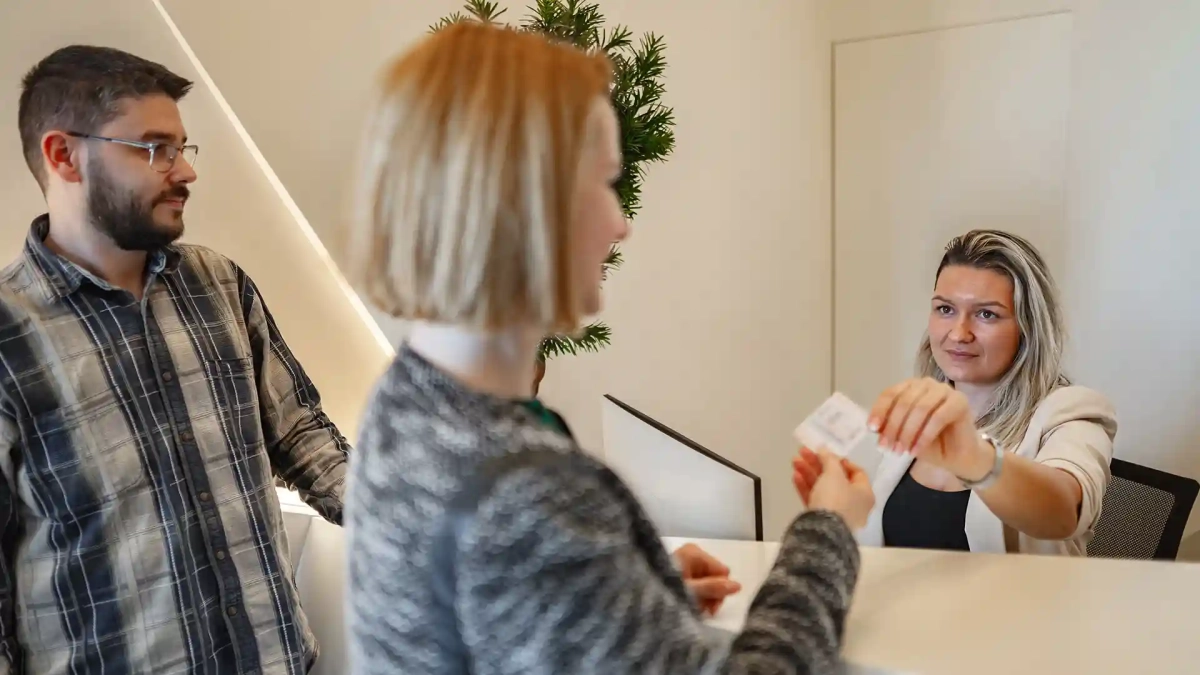How to Apply for a Residence Permit in Germany: A Step-by-Step Guide
Applying for a residence permit in Germany (Aufenthaltserlaubnis) is an essential step for non-EU citizens who wish to stay longer than 90 days. Whether you’re coming to work, study, or reunite with family, it’s important to understand the process to ensure a smooth application.
This guide provides a detailed, step-by-step breakdown of how to apply for a residence permit in Germany.
What Is a Residence Permit in Germany?
A residence permit allows non-EU citizens to live in Germany for an extended period. There are several types of residence permits depending on your purpose of stay, such as for work, studies, family reunification, or humanitarian reasons. The residence permit is typically issued for one or two years and can be extended, depending on the type.
Types of Residence Permits in Germany
Before applying for a residence permit, it’s essential to identify which one you need. Common types include:
- Work visa (e.g., for employees, freelancers, or entrepreneurs)
- Student visa (for those enrolled in an accredited university or program)
- Family reunification visa (for family members of someone already residing in Germany)
- Job Seeker Visa (allows individuals to search for a job in Germany)
- Blue Card (for highly skilled workers from non-EU countries)
Step-by-Step Process to Apply for a Residence Permit
Step 1: Determine the Type of Residence Permit You Need
First, identify the specific residence permit that matches your situation. Depending on your visa type, the application process may vary slightly. Make sure you choose the correct category, as each type has specific eligibility requirements.
Step 2: Gather the Required Documents
You will need to provide various documents to apply for your residence permit. While the exact requirements vary based on the type of permit you’re applying for, the following are generally needed:
- Valid passport (Reisepass)
- Proof of income (e.g., employment contract, bank statements)
- Health insurance (Krankenversicherung) valid in Germany
- Proof of accommodation (e.g., rental contract or accommodation confirmation from a university)
- Passport photos (typically two)
- Application form (can be downloaded from the Ausländerbehörde website or picked up at the office)
- Proof of educational qualifications (for students or certain job applications)
- Language proficiency (if required, depending on the visa type)
Ensure all documents are in order and translated into German if necessary.
Step 3: Make an Appointment at the Ausländerbehörde
To apply for a residence permit, you must submit your application at your local Ausländerbehörde (Foreigners’ Office). Appointments are typically required, and it’s recommended to book one as early as possible to avoid long waiting times.
The Ausländerbehörde will review your application, verify your documents, and may ask for additional information or clarification.
Step 4: Complete the Application Form
The application form for a residence permit will require detailed information, including your personal data, your reason for applying for a permit, and your intended duration of stay. Be thorough and provide accurate information.
If you are unsure about any part of the form, you can ask for help from an immigration lawyer or a trusted advisor. In many cases, the Ausländerbehörde staff can help clarify any questions during your appointment.
Step 5: Submit the Application and Pay the Fee
Once you have completed the application form and gathered all the necessary documents, submit everything to the Ausländerbehörde during your appointment. You will also need to pay an application fee, which typically ranges from €50 to €140, depending on the type of residence permit you are applying for.
Fees may vary depending on the region, the type of visa, and the duration of your stay.
Step 6: Wait for Processing
After submission, the Ausländerbehörde will process your application. Processing times vary, typically taking between 6 to 8 weeks, though it may take longer depending on the complexity of your case.
During this time, the authorities may request additional documentation or information, so it’s essential to be responsive to any follow-up requests. You may also be required to attend an interview.
Step 7: Receive Your Residence Permit
If your application is approved, you will receive your residence permit. Initially, it is issued for a specific period, typically one or two years. Depending on your situation, you can renew your permit before it expires.
If your application is rejected, you will be notified and informed of the reasons. In such cases, you may appeal the decision or correct the issue and reapply.
Key Tips for a Successful Residence Permit Application
- Start Early: Always apply for your residence permit well in advance to avoid complications. Waiting until the last minute can cause unnecessary stress and may lead to delays.
- Ensure All Documents Are Correct and Complete: Missing documents or incorrect forms can lead to delays or rejection of your application. Double-check everything before submitting.
- Follow Language Requirements: For many residence permits, proficiency in the German language is required. Be sure to meet the language requirements and submit proof if necessary.
- Stay Informed: Regulations for residence permits in Germany can change, so stay up-to-date with the latest information from your local Ausländerbehörde.
- Seek Help if Needed: If you’re unsure about the application process or required documents, consider seeking assistance from an immigration lawyer, an advisor, or a relocation service. They can help guide you through the application process.
How informative was this article?
Click on a star to rate it!
We are sorry that this post was not useful for you!
Let us improve this post!
What is missing in the article?















